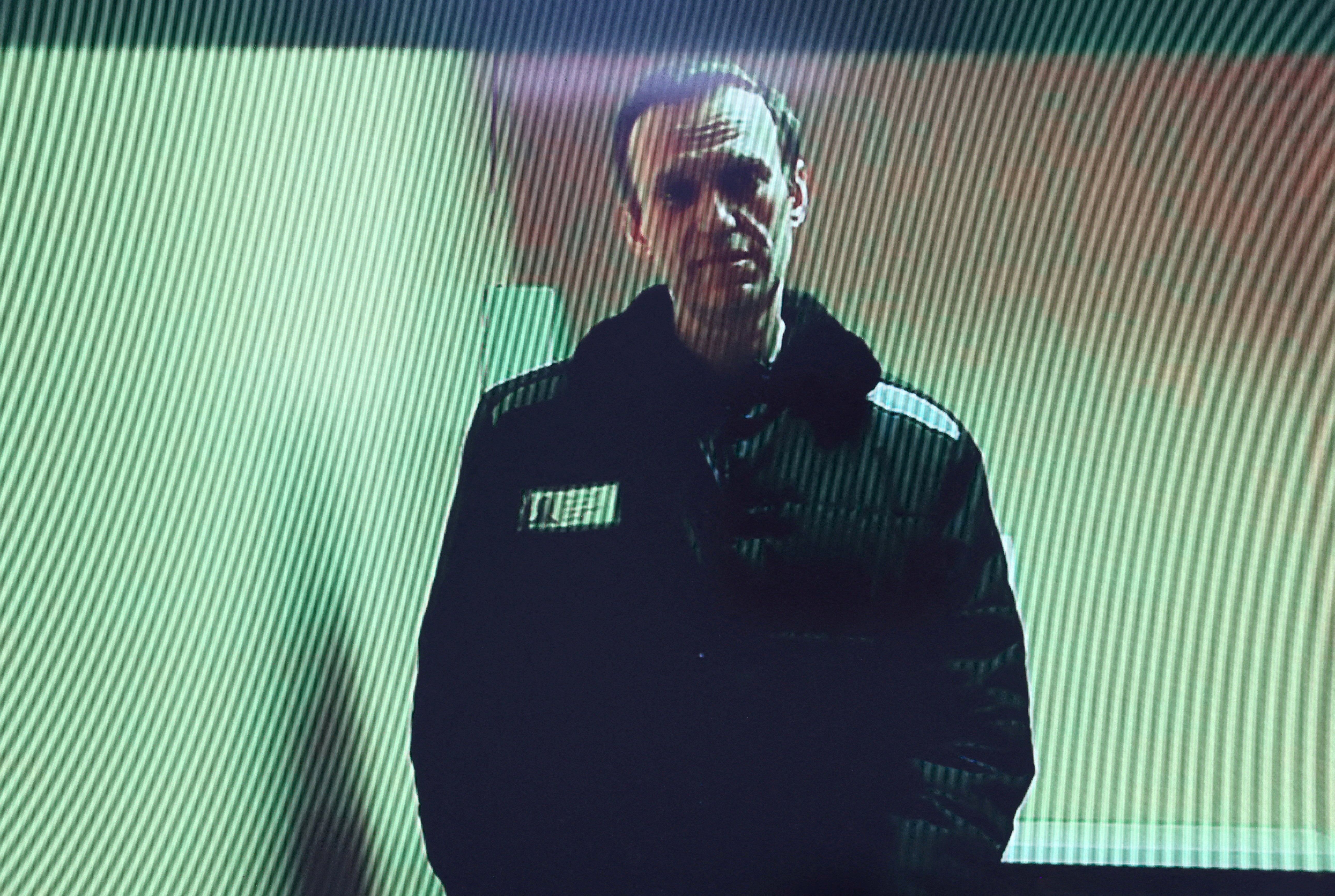What has become of Vladimir Putin’s most prominent domestic opponent? Scarily, nobody knows.
Lawyers and spokespeople for jailed dissident Alexei Navalny say he is no longer at the prison where he has been held for the past two years, and they don’t know where he is now.
Navalny, a social media-savvy activist who led an anti-corruption protest movement of hundreds of thousands against Putin a decade ago, was poisoned with a nerve agent in Siberia in 2020 and flown to Germany for treatment. He later defied the Kremlin and returned to Russia, where he was promptly sentenced to 11 years in prison for fraud and other charges.
In August, a court dumped another 19 years into his sentence for good measure, and authorities had reportedly been planning to move him to an even harsher prison.
It’s not unusual to temporarily lose touch with Russian prisoners as they are shunted through the country’s continent-sized penal system. But as Navalny’s team prepares to launch a fresh campaign against Putin ahead of next year's presidential “election,” they are especially worried about his fate.
For more on why Navalny’s team thinks Putin ordered his murder, see our interview with the director of the Oscar-winning documentary “Navalny.” 